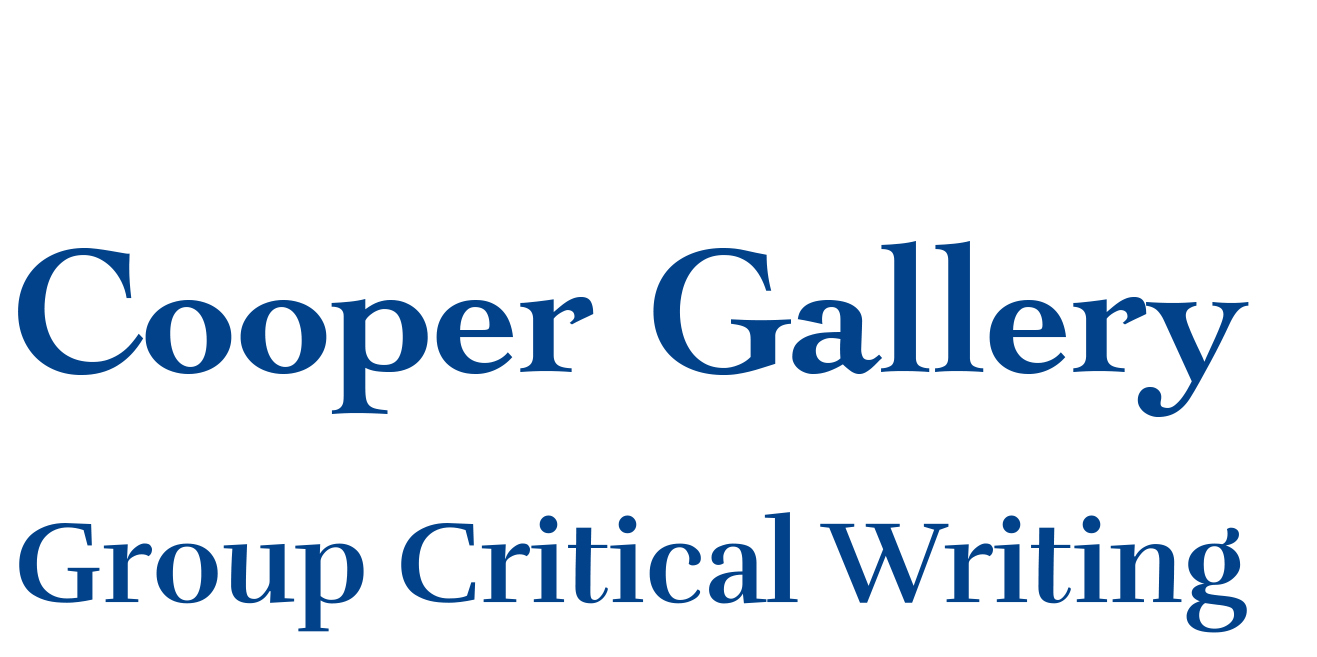Judith Browning
♦ The Speaking Machine ♦
The Speaking Machine is masquerading as a voice inside her head. Fuelling her desire to accomplish an eloquence which would fill the ears of others with a compelling and expressive language. Its immaterial presence resonates internally, enabling the Speaking Machine to secure possession—here. Right now.
She has released her work from the burden of materials and their toll; her own figure and voice are lending literal sound and embodiment to the ideas she wishes to express. Yet her figure and voice as the medium and form is creating a problematically close proximity to the production of her work. In becoming fixated with her delivery, she directs too much focus to the merits of her performance and can no longer step outside the mechanisms of her production objectively. She is replacing the material presence; she is regressing; she is substituting and taking precedence as the constitutive medium.
Resolutely she maintains something richer may be gained in using the human figure and voice as a tool. But not with her own voice. Her own voice is flat, formulaic; her talents routine and regimented. The arousal of emotion she strives to conjure has petered into predictability. She feels deflated, overcome with dejection. At this point, as insecurity overwhelms her judgement, the Speaking Machine glimmers for her attention. In her melancholy the apparatus illuminates a vestige of hope, and its status as an object elevates to an uncomfortably integral position.
She began mimicking the pace of the Speaking Machine’s incantations, watching herself in the mirror as she mouthed the words of an incorporeal voice. Now she takes the voice the Speaking Machine replays as her own, embraces it through her physical embodiment and thrives on the sensation of being both outside and inside her own body. She is facilitating the Speaking Machine, acting as the bind between their different material entities and becoming the exterior form, which commissions its automated personification. Her ability to distinguish the difference between the Speaking Machine and her own voice ceases, the voices collapse and her form takes on the shape of their shared essence. In her newfound existence she feels neither sad nor content but completely void. Her subject accepts itself as a material withholding and ascribing any meaning which comes to pass.
The Speaking Machine possesses her cognitive and linguistic capabilities, transforming her subject to be both one and many, mutating her new found dialogical self to remain a permanently flexible self. She dislodges herself from the language of her production, becoming indivisible from the ground which separates her figure from its surroundings. Her voice’s relation to her body and its immediate environment disconnects and arbitrarily juxtaposes. There is no longer any relationship between the voice which comes from her mouth, the words used to describe her sensibilities and her psychological sense of self. Floating in a homogeneous space of total application, she drifts across any context or situation as an amorphous blob of equivocation.
She epitomises the work of her desire and construction; she is the embodiment and the production of subjectivity which lacks the subject entirely.
♦ ♦ ♦
Biography
Judith Browning (b. Edinburgh, 1987) is an artist and writer based between London and Glasgow. Graduating from GSA in 2010 she will complete her MFA in Art Writing at Goldsmiths this summer.
